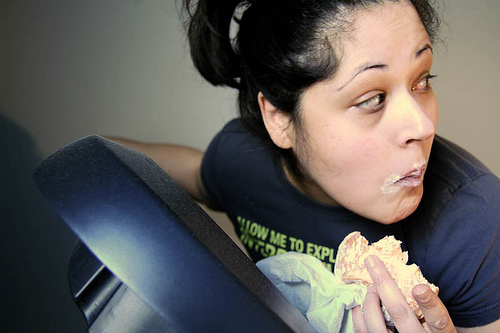
Weight Gain
Some people tend to think that eating fatty meals is the main way to gain weight, but it is not true. Uncontrolled sugar consumption can cause you to gain a few extra pounds in no time, and this through a rather intricate mechanism. As the primary source of energy used by a cell, blood glucose is generally quickly utilized. However, when the consumption rate is faster than the utilization rate, an imbalance occurs and the body has to store the excess glucose to prevent severe hypoglycemia. That glucose is stored as fats that deposits around your organs, and that is how you end up gaining weight.
- Important notification about information and brand names used in this slideshow!
- Photo courtesy of jamelah e. by Flickr : www.flickr.com/photos/jamelah/3306039405/
- articles.mercola.com/sites/articles/archive/2010/04/20/sugar-dangers.aspx
- http://nancyappleton.com/141-reasons-sugar-ruins-your-health/
- http://www.quickanddirtytips.com/health-fitness/healthy-eating/why-sugar-bad?page=all
- http://www.psychologytoday.com/blog/neuronarrative/201204/what-eating-too-much-sugar-does-your-brain

Tooth Damage
Sugar can cause serious teeth damage, and luckily this medical fact has been known for ages. It is not the sugar itself that causes damage, but rather, the end-product of the sugar metabolism by the bacteria that are naturally present in the oral cavity. "Streptococcus Viridans" is the most abundant bacterial species present in the oral cavity. It is a Gram positive, catalase negative and optochin resistant bacteria. When it comes in contact with sugar, it causes fermentation , thus producing a corrosive acid. The acid can then attack the teeth, causing erosion of the enamel or predisposing the teeth to dental caries. And because such acid production is increased at night, dentists generally recommend to avoid eating sweets before bedtime.
- Important notification about information and brand names used in this slideshow!
- Photo courtesy of Wagner Cesar Munhoz by Flickr : www.flickr.com/photos/orofacial/8219630837/
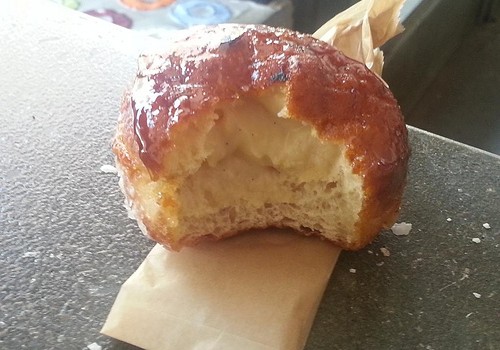
Vascular Inflammation
Although sugar itself is not a "cause" of inflammation, it can act as a trigger, and this is commonly observed with diabetic vascular diseases. When sugar deposits in the wall of the blood vessels, it triggers a immune response. White blood cells recognize it as a foreign body, and this leads to an inflammatory reaction. If sugar deposition is superimposed with fat deposition, the formation of a cholesterol plaque may follow. Similarly, in diabetic nephropathy, sugar molecules deposit in the glomeruli. They yield an inflammatory response, and this results in the formation of kimmelstiel-Wilson nodules (typical findings in diabetic nephropathy).
- Important notification about information and brand names used in this slideshow!
- Photo courtesy of Tim Rodenberg by Flickr : www.flickr.com/photos/sheriffaj/9111937660/
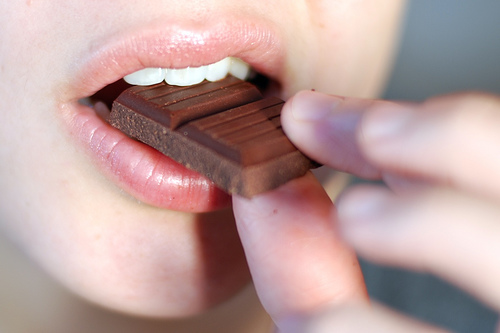
Premature Aging
As a trigger of inflammatory reactions, glucose molecules can cause the release of oxygen free radicals, which in turn can destroy neighboring cells and cause cellular aging. In addition to that process, sugar can quicken the breakdown of elastin and collagen, two major fibrous proteins responsible for the skin's elasticity and tensile strength. This happens through a process called "glycation" (binding of sugar to molecules, in this case proteins). As a result, the proteins can mutate into new products referred to as "Advanced Glycation End products" (AGEs). This makes collagen and elastin more brittle and more prone to breaks, thus causing wrinkles formation. That's why a decrease of sugar from your diet can render your skin healthier and younger!

Immune Suppression
Too much sugar consumption can negatively affect our body's ability to fight infections. This can be explained by the fact that white blood cells do not function properly when blood sugar is high. In fact, 100 grams of sugar (the approximate sugar content of 1 L of soda) decreases your white blood cells efficacy by 40%! What is the underlying physiological mechanism? Well, a research performed by CF. Linus Pauling in the 1970s showed that glucose molecules compete with Vitamin C molecules for space on immune cells (vitamin C plays a role in bacterial and viral destruction). Henceforth, the more sugar you have in your system, the less vitamin C can bind to immune cells and the less effective your immune system is rendered. Not so sweet, isn't it?
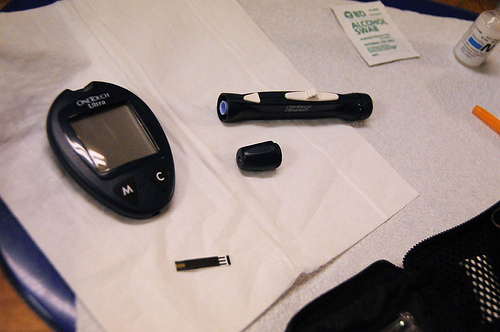
Raises Insulin Levels
Insulin and glucagon are two metabolic hormones that control our blood sugar levels. Insulin is secreted by the beta cells of the pancreas, whereas glucagon is released by the liver. When our blood sugar is low, glucagon is released and triggers the breakdown of glycogen to form sugar. It also stimulates the formation of sugar from non-glucogenic products. However, when our blood sugar is high (after a meal for example), insulin is released from the pancreas to lower blood sugar and adjust it to normal levels. However, insulin effects might not always be desirable, and sometimes too much insulin is released to the point where the blood sugar falls below normal levels and the subject might fall into coma. Additionally, high levels of circulating insulin could result in an increase in overall body fat. Insulin also plays a role in infertility.
- Important notification about information and brand names used in this slideshow!
- Photo courtesy of momboleum by Flickr : www.flickr.com/photos/momboleum/3582969811/

Effects On The Brain
In a normal physiological state, glucose is the main substrate used by brain cells. As a result, glucose is at the center of all brain functions: learning, cognition, memory and recollection, memory consolidation, etc. Brain cells are unable to store glucose. which means that they are heavily dependent on glucose availability in blood. One would be tempted to believe that high blood glucose is synonymous to high brain glucose, but this is incorrect. In fact. when the blood glucose level is elevated, insulin is released from the beta cells of the pancreas and works towards decreasing blood glucose. However, as a result of insulin's action, the blood glucose might be dropped too low to the point where there is not enough glucose left for the entire body and the brain; and this might lead to serious complications (dizziness, syncope, confusion, seizures, memory loss, coma, etc.)
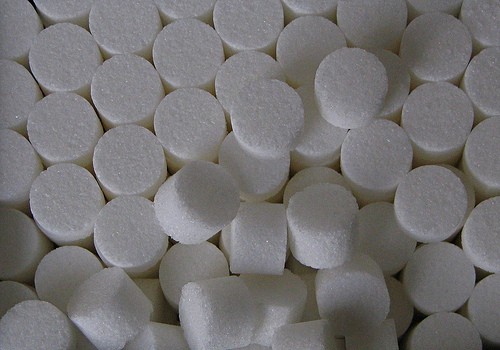
Good Vs Bad Sugar
It is very important to identify good and bad sources of sugar. Although some people tend to believe that all sources of sugar are essentially bad, restrictions need to be made, as sugar is essential to nutrition in particular and life in general. One could make a rule as follow: any sugar that is not natural is not good for health. This is rather reasonable because added sugars are processed chemicals that are added to our nutrients, without necessarily providing calories. With this formula, good sugars would essentially be those that are naturally present in fruits, vegetables, nuts, beans, whole grains, etc. basically, any naturally sweet nutrient.
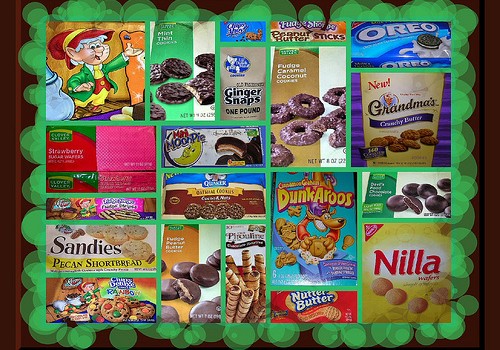
Sources Of Bad Sugar
With our previous formula in mind, we can now presently assume that "bad sugar" is any sugar that is not naturally present in a nutrient. With that said, bad sugars are present in artificially sweetened fruits, juices, sodas, candies, cakes, preserved foods, food syrups (corn syrups, maple syrups, etc.). In other terms, anything that you could think of in that style of products is a source of bad sugar. Bad sugars come with a lot of health concerns, from an increased risk of weight gain and type II diabetes to a higher risk of developing heart diseases.
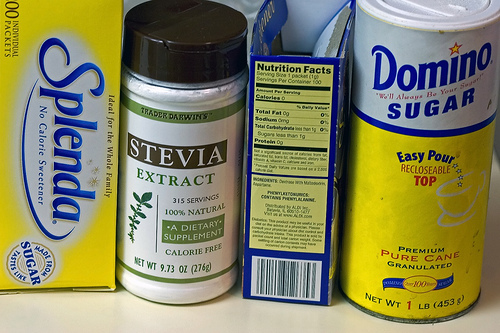
Sugar Substitutes
Because we live in a "sugar inclined" society, it has become very difficult to do without it. Unfortunately the health risks associated with excessive sugar consumption still remain, and unless we do something to readjust our diets accordingly, we would be embarking in a sinking ship of health diseases. In this prospect, the first step in achieving better health is to make a conscious effort. One must realize the impact of excessive sugar consumption on health, and acknowledge that a diet readjustment will not be an easy task. Next, accept to make baby steps. Why not start replacing your table sugar with a natural substitute, liquid stevia for example? It is available in supermarkets and probably pharmacies, and it is surely safer to consume than artificial sweeteners.
- Important notification about information and brand names used in this slideshow!
- Photo courtesy of sriram bala by Flickr : www.flickr.com/photos/sriram/1835011430/


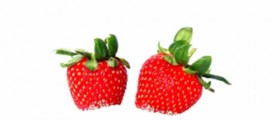
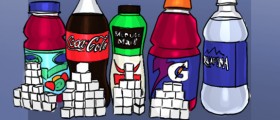
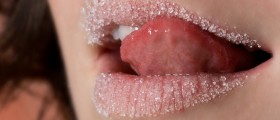
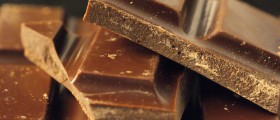



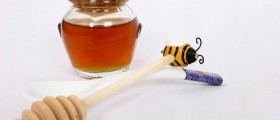


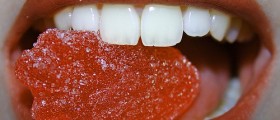
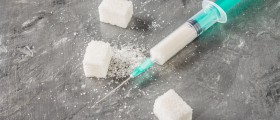
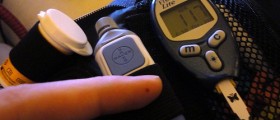



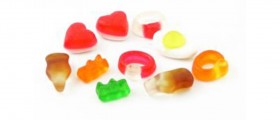
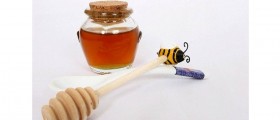
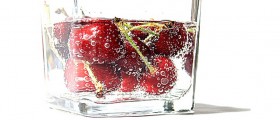






Your thoughts on this
Loading...